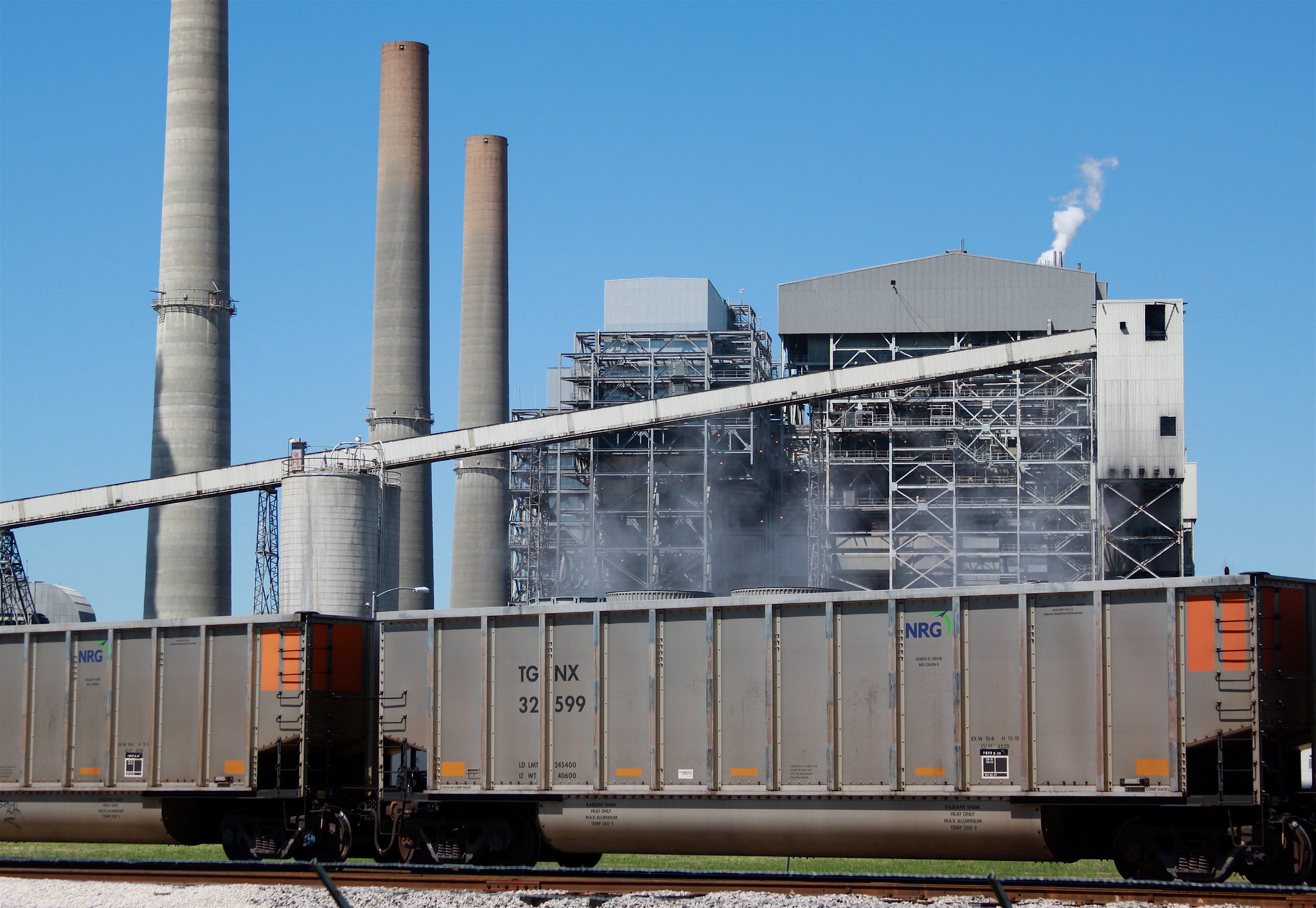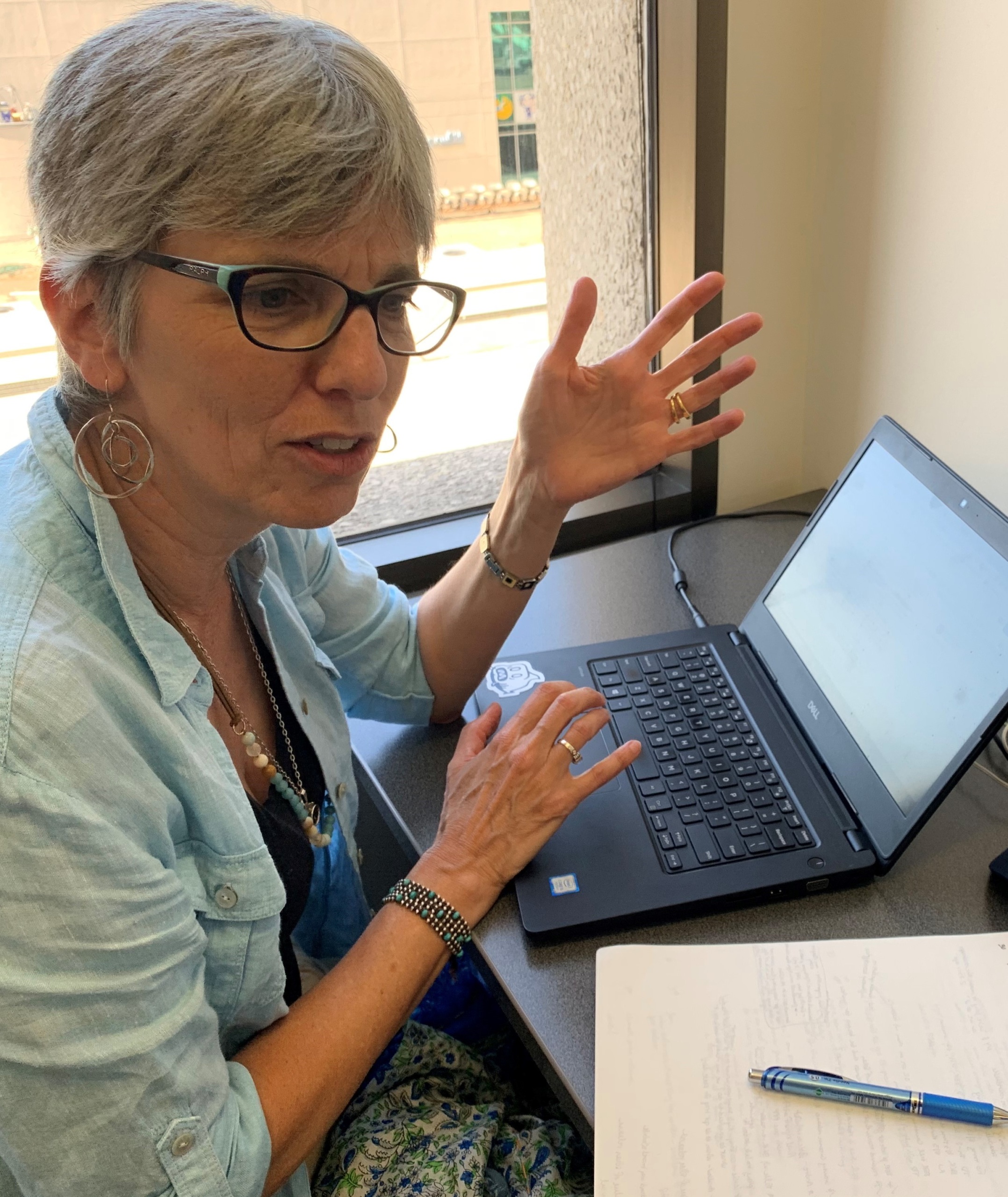
April newsletter: Offshore wind can help repower America
In this month's newsletter: wind power, marine protected areas, zombies and more.
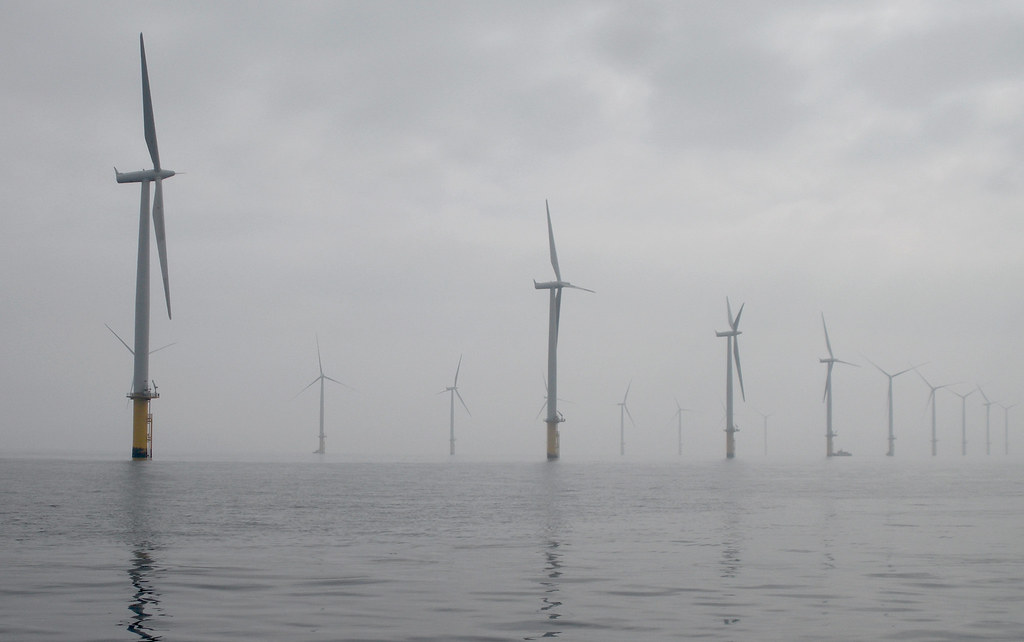
This month’s reports all highlight solutions to what we call the problems of abundance — the dissonant clashes between our world’s prosperity and the threats that our current modes of production and consumption pose to a successful and meaningful future.
Offshore wind can help repower America
The United States has the technical potential to produce more than 7,200 terawatt-hours of electricity from offshore wind each year, which is almost double the amount of electricity the U.S. consumed in 2019. That’s our key finding from Offshore Wind in America, produced with Environment America Research & Policy Center. The report was covered in outlets including Yahoo News and Politico.
Rethinking America’s transportation system to protect public health
Expanding access to active travel like walking and biking, and adopting zero-emission electric cars and buses, can make our transportation safer, healthier, cleaner and more efficient. Transform Transportation, our new report with U.S. PIRG Education Fund, documents how America’s transportation system is wrecking our health — and what we can do about it. The report was covered in the Pittsburgh Post-Gazette and MassLive, among others.
Electrifying homes and businesses for our health and environment
Wind and solar power are rapidly replacing dirty fossil fuels like coal as leading sources of our electricity. Yet while our electricity grid is becoming cleaner, our buildings still largely rely on the combustion of gas, heating oil and propane for heating air and water. Electric Buildings, produced with Environment America Research & Policy Center, assesses the impacts of repowering buildings with electricity, and finds significant benefits to our health, climate and environment.
A powerful tool for protecting our oceans
The ocean drives the processes that make our planet capable of supporting life, and contains some of the world’s most complex and diverse ecosystems — but these ecosystems are increasingly under threat. New Life for the Ocean, written with Environment America Research & Policy Center, describes how marine protected areas have been a powerful tool for protecting some of the earth’s most unique and important ocean environments.
In other news
Tony Dutzik spoke with the New York Times about the commuter tax benefit, a program that encourages transit use but needs refinement to protect consumers … Gideon Weissman helped the U.S. PIRG Education Fund document record-setting consumer complaints during a year that put consumers in peril … On the Frontier Group blog, Bryn Huxley-Reicher wrote about unpaid caregivers and the future of work … James Horrox wrote about why ending the near constant threat of forest fires in the West will take more than just putting out fires … And R.J. Cross explored what America’s obsession with zombie movies can tell us about our own climate anxiety.
Coming soon
In the weeks ahead, look out for new research documenting threats to water quality posed by slaughterhouse and meat processing facilities, exploring the benefits of zero-emission vehicles for Pennsylvania, and unveiling a new interactive map on threats to the Delaware River watershed.
Frontier Group staff
Susan Rakov, Director
Tony Dutzik and Elizabeth Ridlington, Associate Directors and Senior Policy Analysts
Gideon Weissman, R.J. Cross, James Horrox, Adrian Pforzheimer and David Lippeatt, Policy Analysts
Jamie Friedman and Bryn Huxley-Reicher, Policy Associates
Photo: “Teeside Offshore Wind Farm” by howzey is licensed under CC BY-NC-ND 2.0
Topics
Authors
Susan Rakov
Managing Director, Frontier Group; Senior Vice President, The Public Interest Network
Susan directs Frontier Group, the research and policy development center for The Public Interest Network. Frontier Group’s work informs the public discussion about degradations to the environment and public health, threats to consumer rights and democracy, and the available routes to a better future. Susan lives in Santa Barbara, California; she has two children, a husband, and a dog, and is an amateur singer/songwriter.
Find Out More
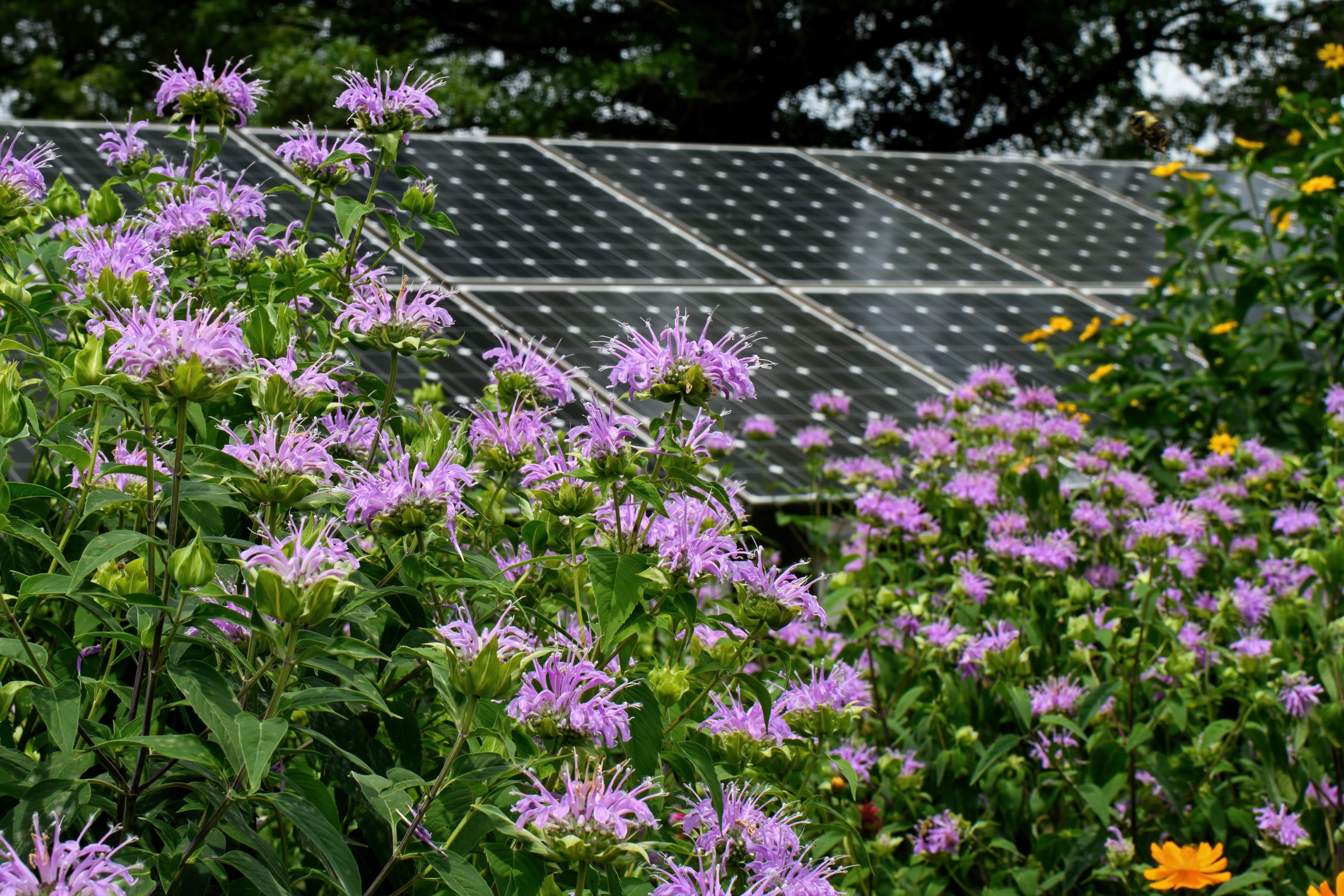
Looking back at 2023

November Newsletter: Cleaner, quieter lawn care
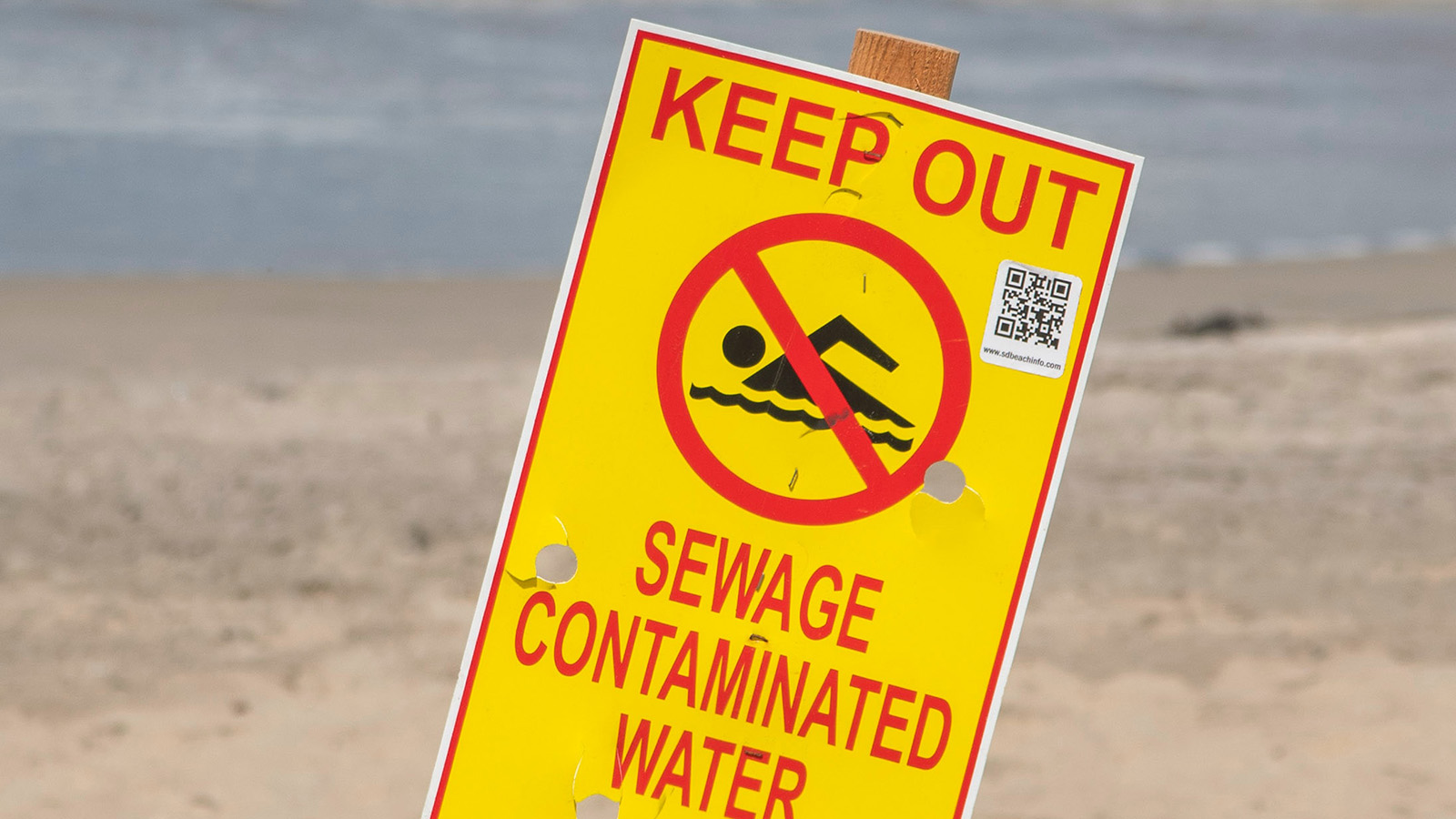
July Newsletter: Safe for Swimming?
